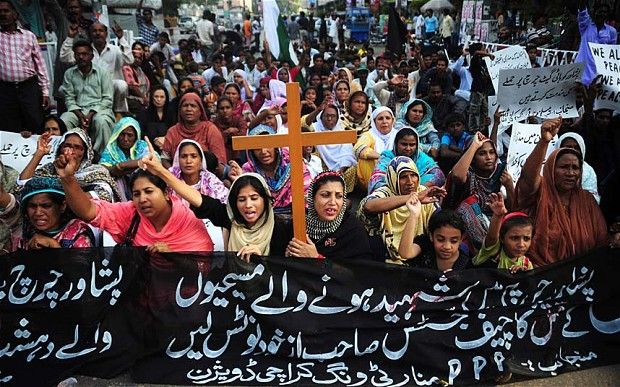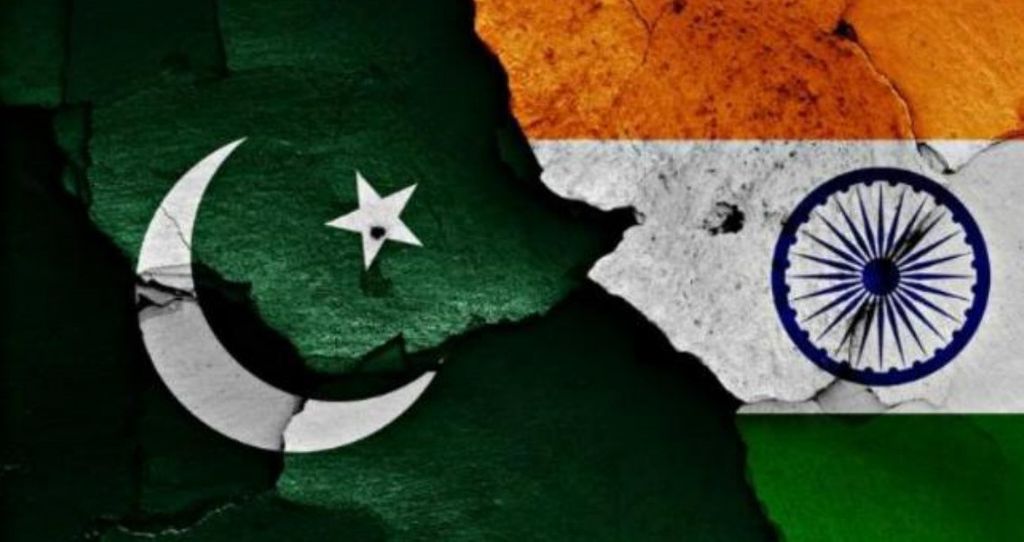Religious Conflict
Jun 04, 2019 • 9 views
A religious war or sacred war is a war fundamentally caused or supported by contrasts in religion. These may include, Religious violence, Religious war, Religious intolerance, Religious controversies. Religious conflict is experiencing a recovery.The past decades have seen a sharp increment in violent sectarian or religious tensions. Measures are been taken by faith-based communities to control religious conflict. ( As discussed earlier)

Religious conflict may also refer to:
Religious violence
Religious war
European wars of religion
Religious intolerance
Religious controversies
Present Day Example of Religious Conflict in - India and Pakistan

The All India Muslim League (AIML) was formed in Dhaka in 1906 by Muslims who were suspicious of the Hindu-majority Indian National Congress. They complained that Muslim members did not have the same rights as Hindu members. A number of different scenarios were proposed at various times. This was fuelled by the British policy of "Divide and Rule", which they tried to bring upon every political situation. Among the first to make the demand for a separate state was the writer/philosopher Allama Iqbal, who, in his presidential address to the 1930 convention of the Muslim League said that a separate nation for Muslims was essential in an otherwise Hindu-dominated subcontinent.
After the dissolution of the British Raj in 1947, two new sovereign nations were formed—the Union of India and the Dominion of Pakistan. The subsequent partition of former British India displaced up to 12.5 million people, with estimates of the loss of life varying from several hundred thousand to a million. India emerged as a secular nation with a Hindu majority, while Pakistan was established as an Islamic republic with a Muslim majority population.
Source - (https://en.wikipedia.org/wiki/Religious_war)
